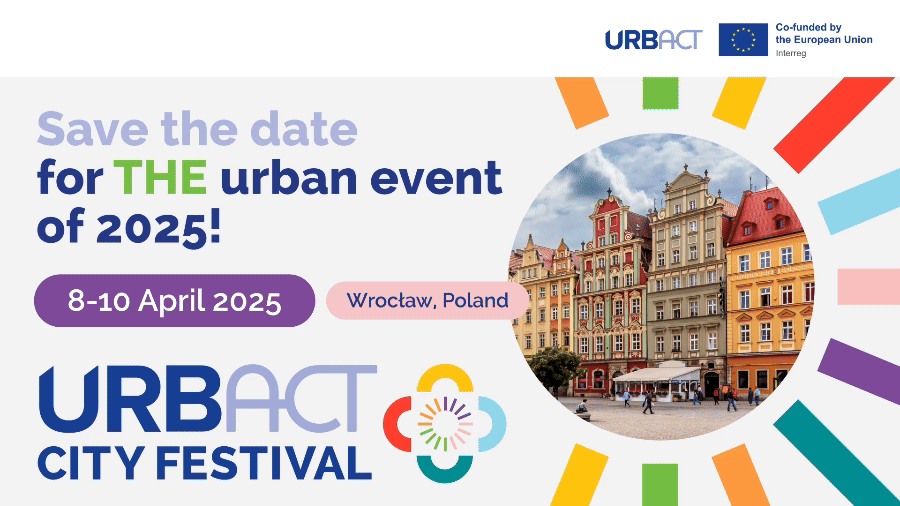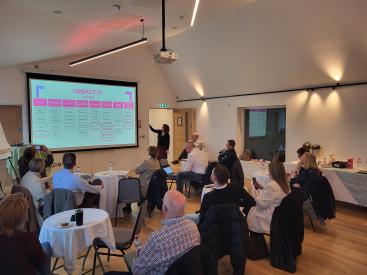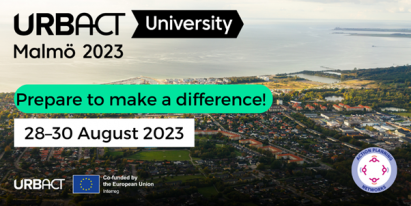The URBACT National Campus comes to Balbriggan!
Recently our seven URBACT Action Planning Network (APN) partners in Ireland visited Balbriggan (November 5 and 6) to participate in the URBACT National Campus. The purpose of the Campus was to allow our URBACT APN partners to begin preparing for the implementation of their Integrated Action Plans (IAPs) and the future resourcing of some of their intended actions. Our venue was the super impressive Irish Institute of Music and Sound (IIMS) where 15 local authority staff, as partners in seven URBACT networks across six local authorities (Clare, Fingal, Limerick, Longford, Meath, and Sligo) collected to network, learn and exchange. URBACT experts Brian Marrinan and Sally Kneeshaw provided the Campus training, with both joined by National URBACT Point in Ireland, Karl Murphy.






